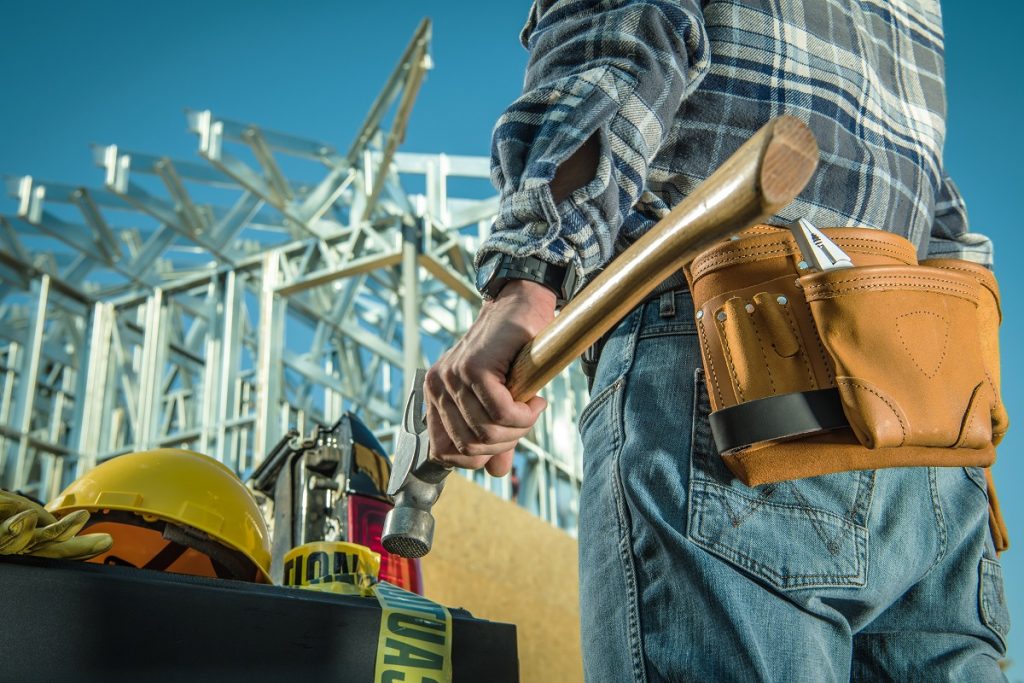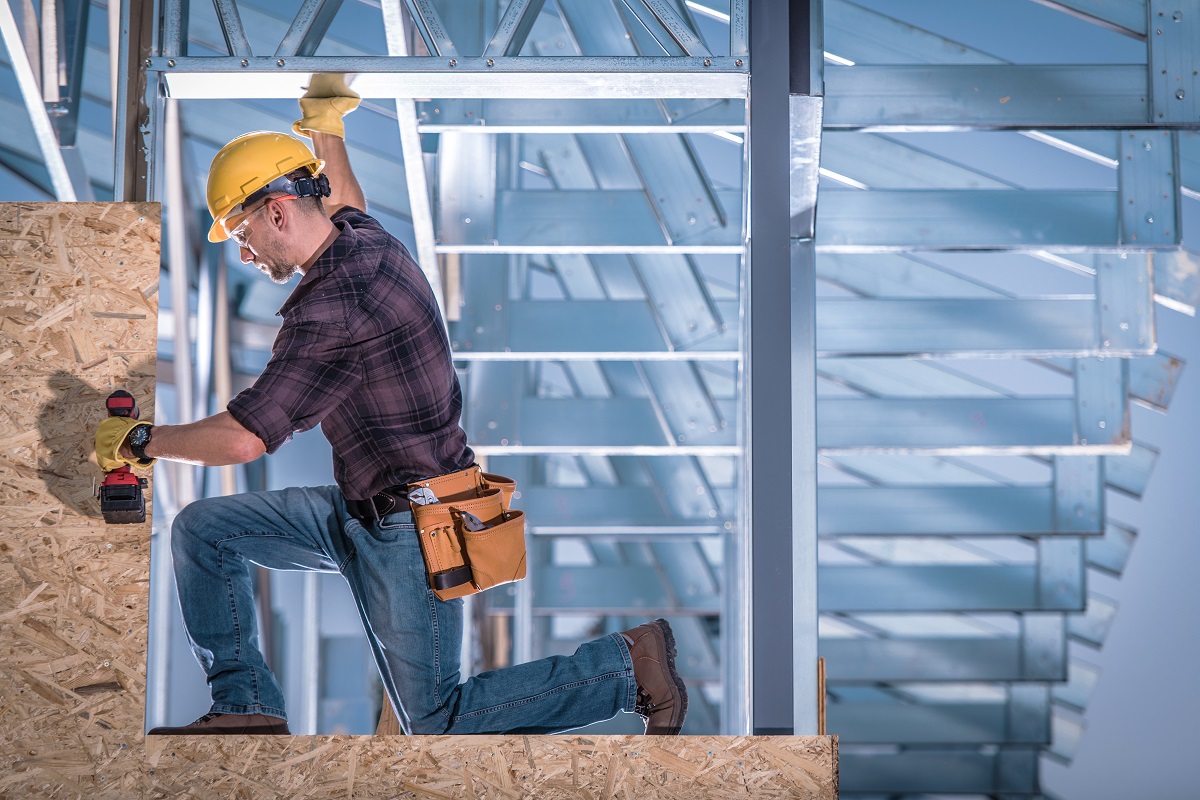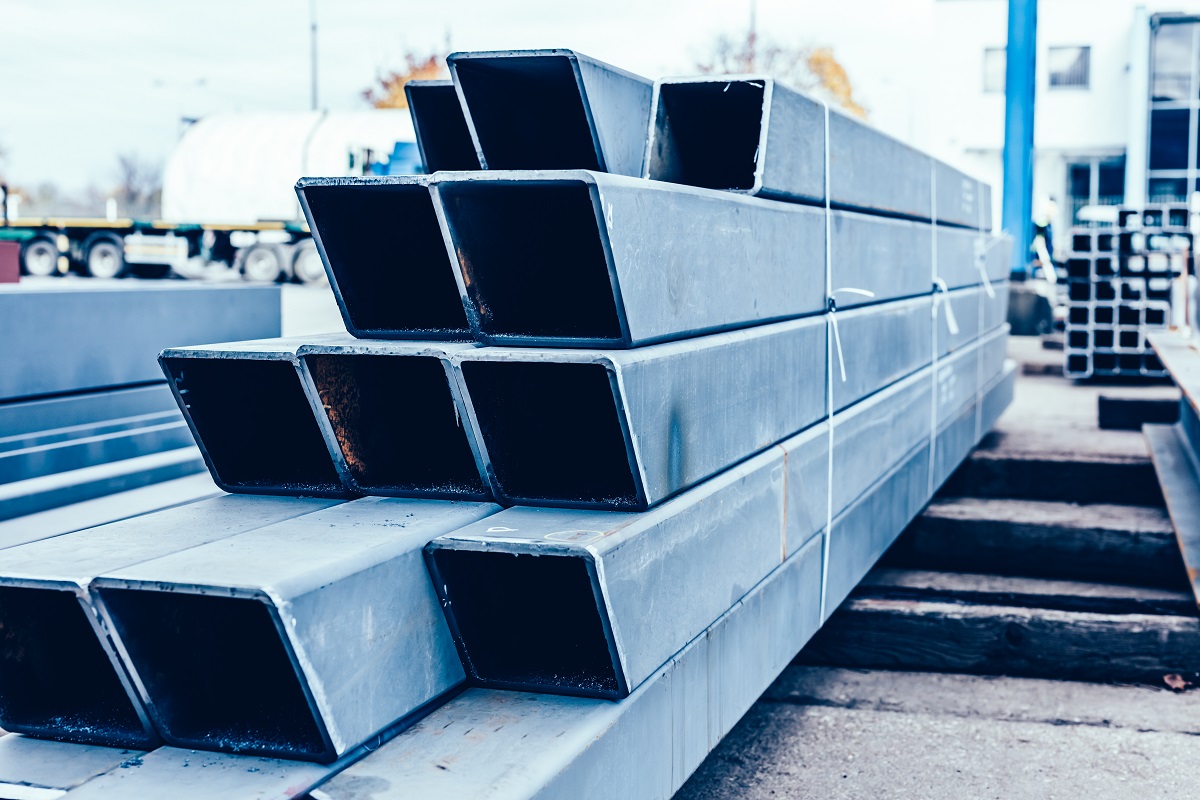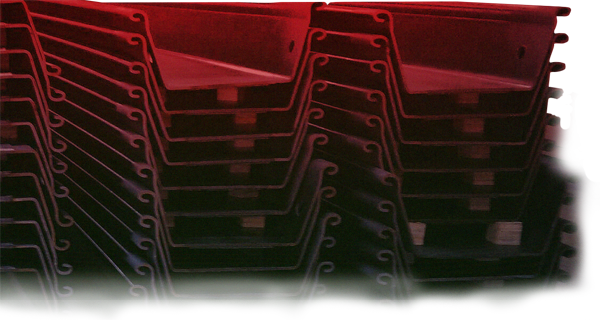5 Advantages of Steel Over Timber

What are the advantages of steel over timber?
- Strength
- Durability
- Fire-resistance
- Protection against moisture
- Recyclability
Steel and timber are two popular building materials. Steel has a number of structural applications such as building frames, studs, foundations, reinforced concrete, and the like. Timber can also be used for these same purposes, but it may also be manufactured into floorboards, paneling, trimming, and framing. There are, however, several advantages of steel over timber that make the former a better building choice.
A steel manufacturer in the Philippines, for example, can produce different grades of steel with varying carbon content. High carbon steel is significantly more durable and has a better strength-to-weight ratio compared to mild steel and wood. On the other hand, construction wood can come in the form of hardwood and softwood, depending on the density of the material. Both variations can be used similarly in cladding, railing, or decks, but the material can require intensive maintenance and repairs. Read on to learn more.
Strength
As mentioned before, steel has a better strength-to-weight ratio compared to wood. This means that fewer quantities of steel components are needed to construct the same building framework at the same strength, for example, unlike wood.
The strength of any given material is a crucial factor for building construction since it defines how sturdy the structure will be, even after several years. Steel has the edge because it can be further processed in order to allow it to better withstand environmental damage.
Structural steel grades have ultimate tensile strength ratings that can vary from 400 to 2,693 MPa. The alloying content can also increase the material’s hardness and make it impact-resistant. Meanwhile, different types of timber can be easily damaged even under minimal impacts. This can affect not only the appearance of the material but the overall quality of a structure when it’s combined with other types of components.
Durability

Due to steel having a much higher yield strength and better properties, it’s also more durable compared to timber. Steel structures can last up to several decades, depending on how often they’re maintained. While wood may also last for years, they lose much of the durability especially when they have to undergo post-processing.
Both steel and timber can be coated using different materials to improve their durability. A popular method for steel is galvanizing, wherein steel products are coated with zinc for better corrosion-resistance and protection against oxidation.
For steel, galvanization is a one-time process, unlike in the case of wood, wherein staining techniques have to be done every two to three years. This material is capable of lasting for many decades undisturbed, but once they’ve been processed into decks and preserved using pressure treatment, the lifespan will be reduced to a degree.
Fire-Resistance
Timber is not a great choice for buildings that require a fire-resistant material due to the quick rate that the material can burn. This is mainly due to the cellulose content of wood. Under extreme heat or fires, the cellulose will start to decompose and emit gaseous substances. Once they react with the different gasses in the atmosphere, the oxygen in the fire will speed up the rate of combustion and burning.
Alternatively, steel is highly-fire resistant, apart from being a non-combustible material. Combined with other non-combustible building materials like stone or concrete, a steel structure is much safer in case of fire emergencies.
For example, the spread of a fire in a mid-rise steel building will be contained in a single location and won’t affect neighboring structures. Any building occupants are protected from the fire and may be evacuated much more safely.
Protection Against Moisture

Without any protection, both materials are susceptible to damage that can be caused by moisture, but for steel, this depends on its composition. Most steel types are able to withstand the effects of moisture. Steel is not a porous material, making it suitable for both indoor and outdoor applications.
Unlike steel, timber is highly-porous. When left untreated, the absorption of water can cause its fibers to disintegrate and become rotten over time. The material also has a tendency to expand under high humidity, which can create deformations in its appearance.
Recyclability
It may be difficult to recycle timber once most of the material’s portions have already rotten. Although it may still be possible to repair, it’s not a practical and cost-effective option. The work can be time-consuming because you would have to cut or chop off the rotten portions and fill up the crevices using a wood filler.
Another advantage of steel is that it is highly recyclable. Scrap steel can be reprocessed and refined in a manufacturing plant and use the resulting ingots or billets in order to produce steel products. The Environmental Protection Agency has even reported that in 2019, more than 70% of steel cans were recycled and repurposed into new products. In the entire recycling process, the qualities of steel remain and will not get affected.
Key Takeaway
Discussed in this short guide are the advantages of steel over timber. Steel might be denser than timber, but it offers better strength, durability, recyclability, moisture-resistance, and non-combustible properties.
This isn’t to say that timber can’t be a suitable construction material choice, because the decision will ultimately depend on the preferences of the owner. Steel may be a more practical option, not only due to its endless design possibilities but for its structural benefits. Keep this in mind the next time you’re deciding which is the better material for any project.


